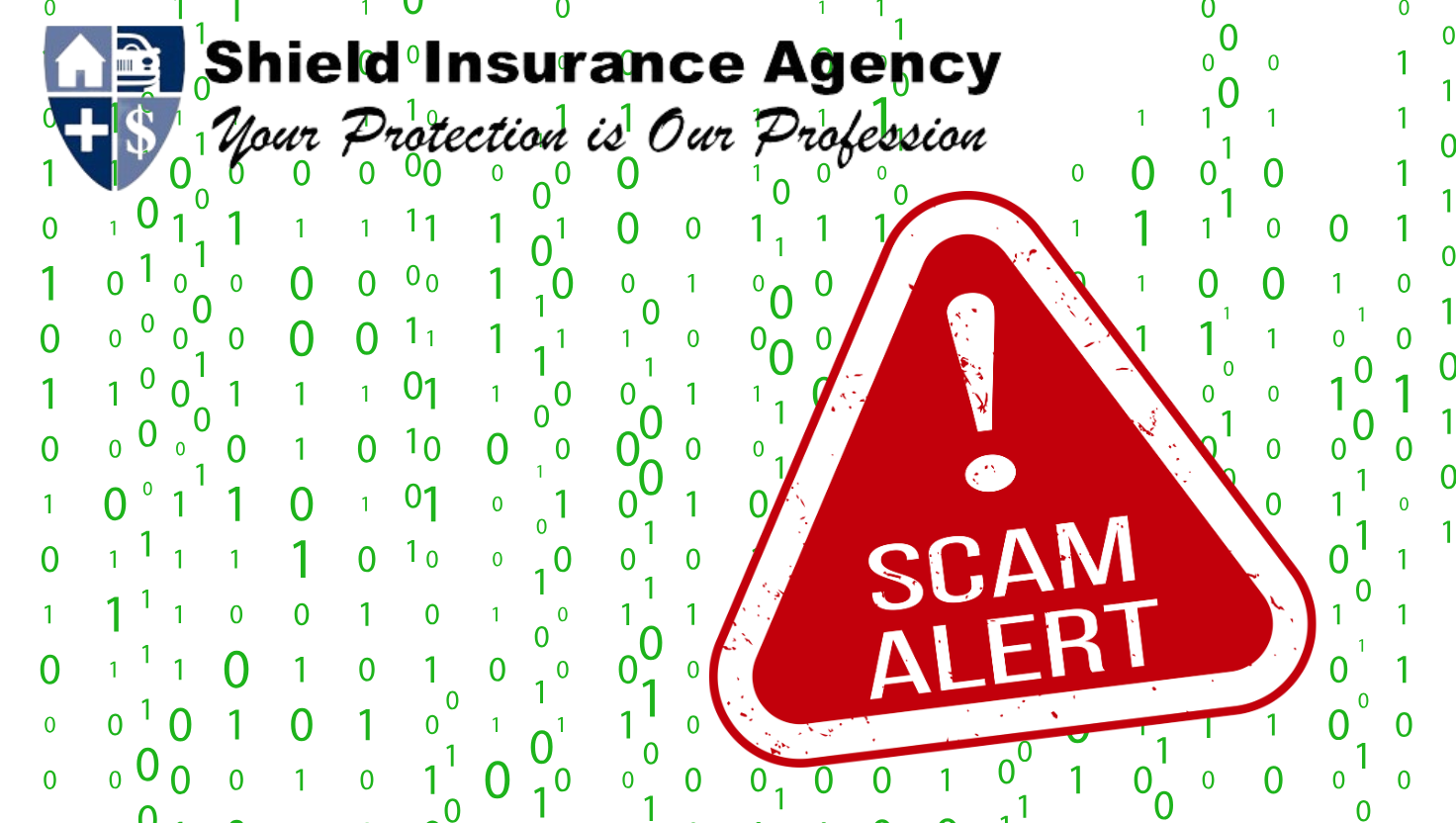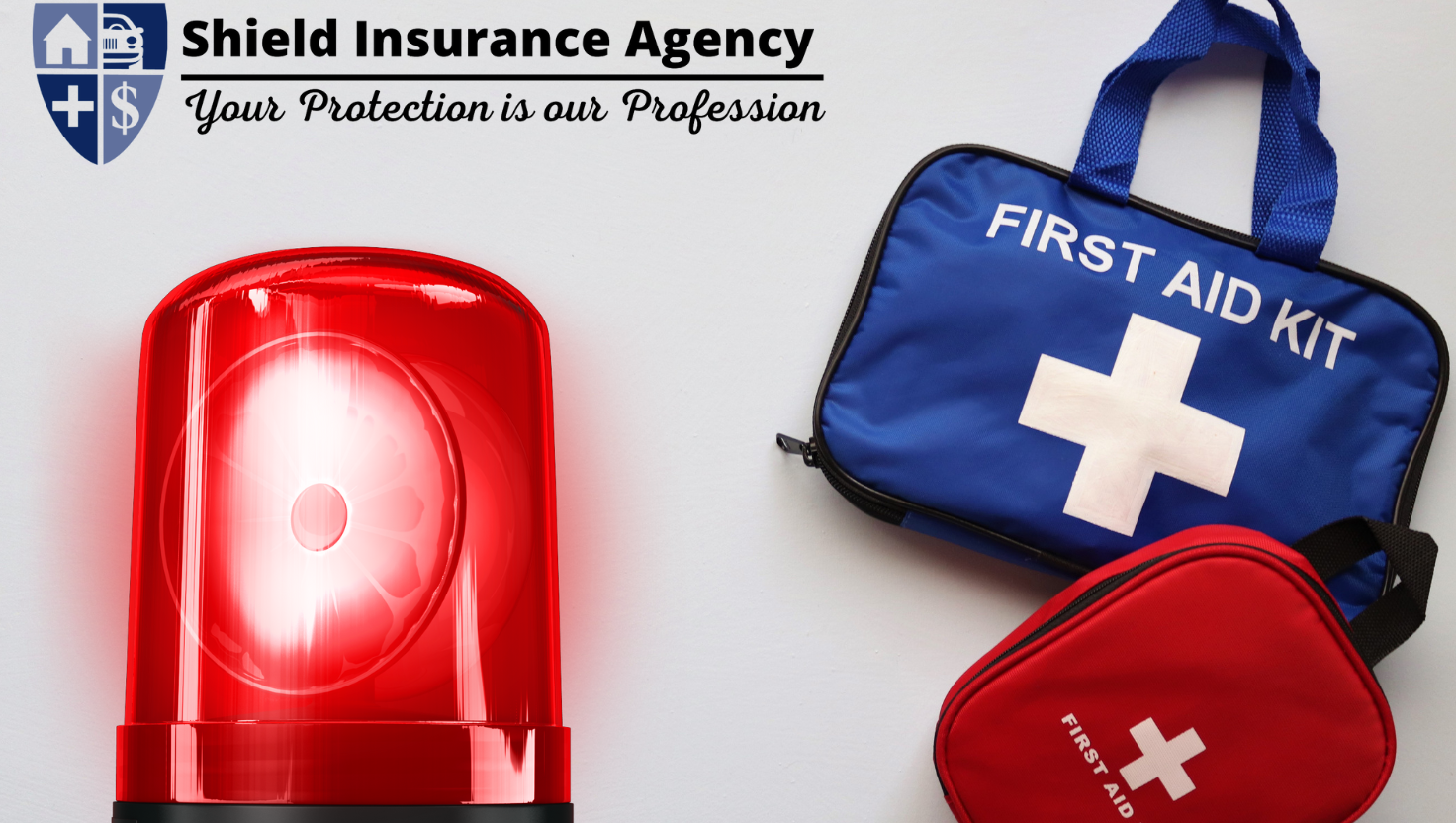
Preventing Wildfires
Preventing Wildfires and Staying Safe from the Risk
According to the National Interagency Fire Center, 63,546 human-caused wildfires burned nearly 5 million acres in 2017. To put this into perspective, consider the size of New York City. At 92,781 acres, New York City could have burned 54 times over with that amount of acreage!
That’s 5 million acres that didn’t have to burn if the ‘you’ part of the wildfire equation had followed proper burning protocol.
Warm weather increases the wildfire threat to many parts of the country. That warmth and dryness entice many people to clean up their yards and burn the debris. If not properly controlled, these fires will grow to become uncontrollable. Fortunately, most human-caused fires are preventable when proper precautions are taken. Here are just a few things you can do to avoid starting a wildfire:
Staying Safe from the Risk
- Follow the law. The community you live in may have burning regulations, like requiring permits, restrictions on the times and places for open burning, and restrictions on the items that can be burned. Check with your local officials before burning anything.
- Watch the weather. Don’t attempt to burn on windy days or during periods of drought. Check with your local fire official to make sure the weather conditions are safe for burning.
- Choose the right site. The burn site should be surrounded by gravel or dirt for at least ten feet in all directions and kept wet to prevent the fire from spreading.
- Never leave a fire unattended. Sparks could blow into leaves or grass and spread quickly.
- Keep water nearby. Keep a garden hose or bucket of water close to help control the fire in an emergency.
- Extinguish the fire properly. Use water to extinguish the fire completely by dousing the site and stirring until everything is drowned and not emitting any heat whatsoever. Any remaining coals should also be scooped up with a shovel and dunked into cold water. When you are done, everything in the fire pit should be cold to the touch.
- Consider alternatives to burning. Yard waste can be made into mulch or composted, while newspapers and many other items can be recycled.
Every year, many families lose their homes and possessions to wildfires caused by humans. Don’t be a part of the statistics. Show your commitment to wildfire prevention, because your safety is number one to us!
To help educate your children on preventing wildfires, check out Smokey the Bear, he’s a pretty smart fellow.


























































